Different question selling to rent.
palimpsest
9 years ago
Related Stories

DECORATING GUIDESStaging vs. Decorating: What's the Difference?
Unlike decorating, staging your home isn't about personal style — it's about creating ambiance and appeal for buyers
Full Story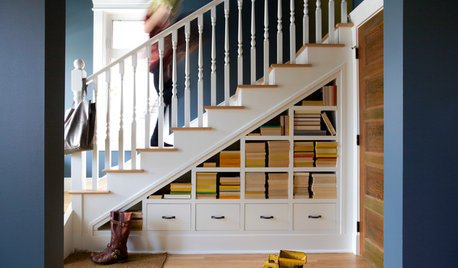
ORGANIZINGPre-Storage Checklist: 10 Questions to Ask Yourself Before You Store
Wait, stop. Do you really need to keep that item you’re about to put into storage?
Full Story
HOME INNOVATIONSConsidering Renting to Vacationers? Read This First
More people are redesigning their homes for the short-term-rental boom. Here are 3 examples — and what to consider before joining in
Full Story
KITCHEN DESIGN9 Questions to Ask When Planning a Kitchen Pantry
Avoid blunders and get the storage space and layout you need by asking these questions before you begin
Full Story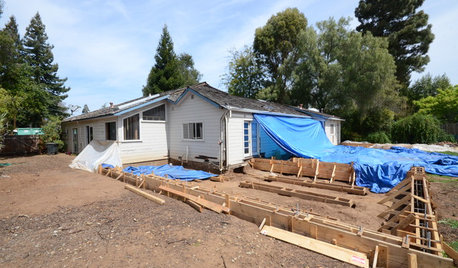
REMODELING GUIDESSurvive Your Home Remodel: 11 Must-Ask Questions
Plan ahead to keep minor hassles from turning into major headaches during an extensive renovation
Full Story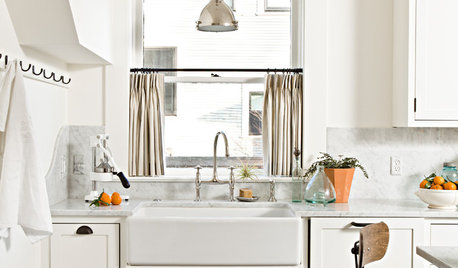
KITCHEN DESIGNRenting? 15 Ways to Make Your Kitchen Your Own
If you’re feeling stuck with a blah kitchen you can’t renovate, these small moves can help make it feel like home
Full Story
SELLING YOUR HOUSE15 Questions to Ask When Interviewing a Real Estate Agent
Here’s what you should find out before selecting an agent to sell your home
Full Story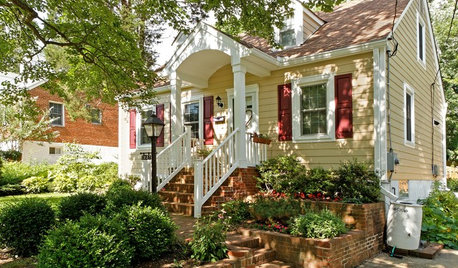
SELLING YOUR HOUSESell Your Home Fast: 21 Staging Tips
Successful staging is key to selling your home quickly and at the best price. From cleaning to styling, these tips can help
Full Story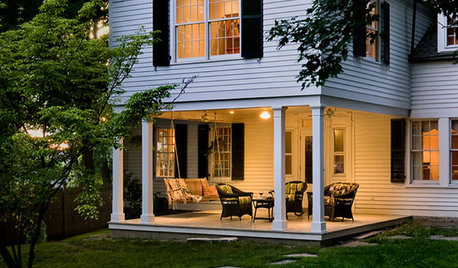
SELLING YOUR HOUSEThe Latest Info on Renovating Your Home to Sell
Pro advice about where to put your remodeling dollars for success in selling your home
Full Story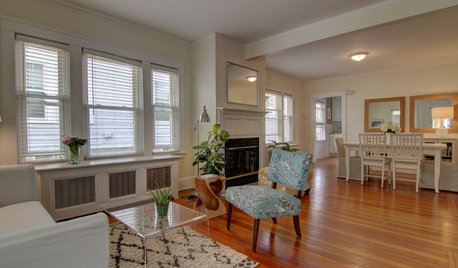
SELLING YOUR HOUSEA Moving Diary: Lessons From Selling My Home
After 79 days of home cleaning, staging and — at last — selling, a mom comes away with a top must-do for her next abode
Full StoryMore Discussions










raee_gw zone 5b-6a Ohio
roarah
Related Professionals
Centerville Interior Designers & Decorators · Stanford Interior Designers & Decorators · Dallas Furniture & Accessories · Fort Wayne Furniture & Accessories · San Diego Furniture & Accessories · Annandale Furniture & Accessories · Moraga Furniture & Accessories · San Diego Furniture & Accessories · Tucker Furniture & Accessories · Ashburn Custom Artists · Shorewood Lighting · University Lighting · Gadsden Window Treatments · Phoenix Window Treatments · Bell Window Treatmentsraee_gw zone 5b-6a Ohio
nostalgicfarm
bonnieann925
palimpsestOriginal Author
rob333 (zone 7b)
nostalgicfarm
Joe
Annie Deighnaugh
tibbrix
eibren
tibbrix
deegw
tibbrix
roarah
tibbrix
tibbrix
tibbrix
roarah
bonnieann925
palimpsestOriginal Author
nostalgicfarm
palimpsestOriginal Author
tibbrix
tibbrix
roarah
tibbrix
User
tibbrix
User
tibbrix
roarah
tibbrix
User
tibbrix
User
tibbrix
kitschykitch
palimpsestOriginal Author
kitschykitch
User
Annie Deighnaugh
robo (z6a)
robo (z6a)
roarah
sergeantcuff
Oaktown
tibbrix
palimpsestOriginal Author